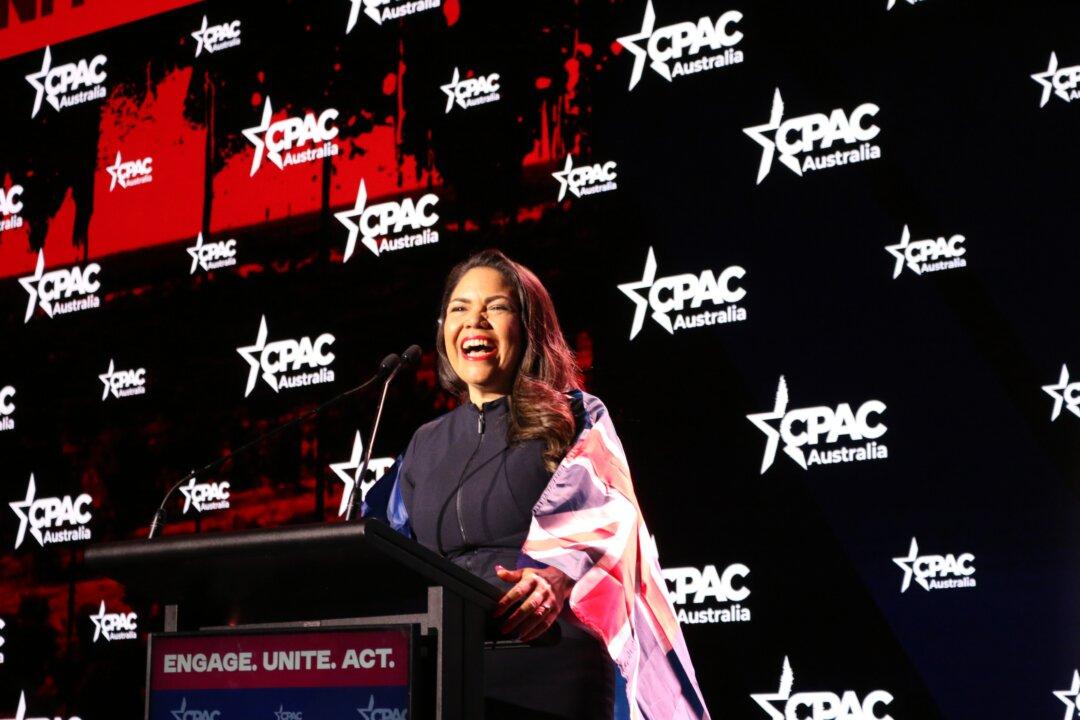Australia’s federal parliament will today introduce laws that could jail offenders for up to seven years for making people’s personal information public.
The practice known as doxing involves taking someone’s personal information and publishing it without their consent, usually with the intention of garnering harassment.





